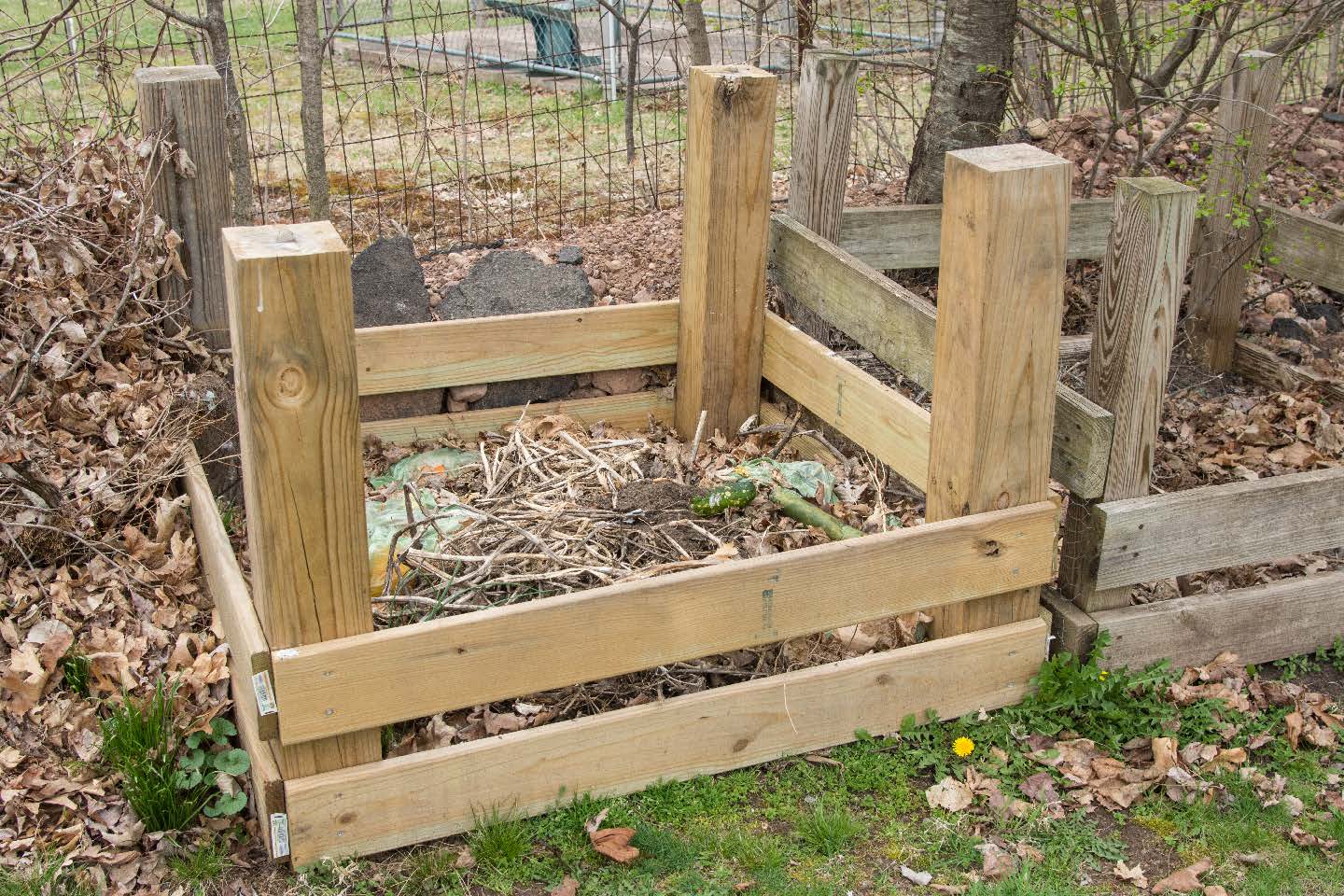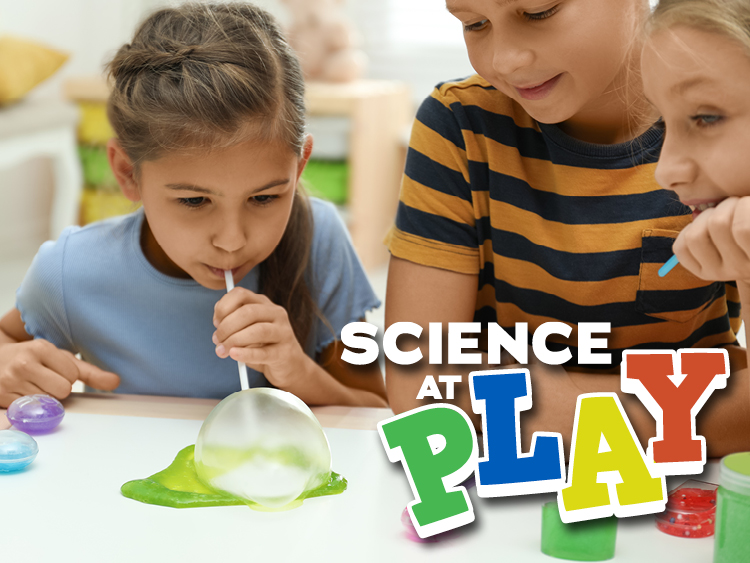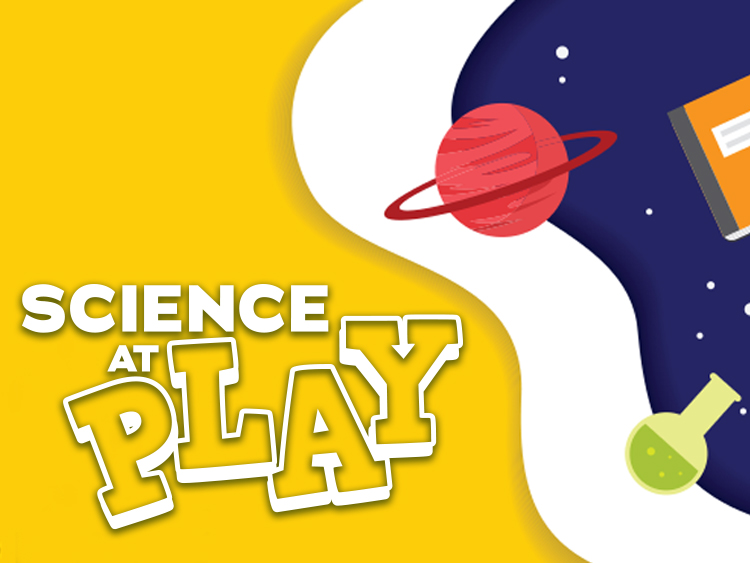So many people are getting their gardens started for the spring and summer and we are here to help those gardens be successful. Compost is organic matter that can be put into the soil and help your plants grow big and healthy. Composting is not only great for your garden, but it is also a fun activity the whole family can participate in, and it is great for the environment. Here is how to get started with composting at home.
Materials to Collect
- Small bin with lid
- Compostable bags (3 gallon, optional)
- Bin outside to collect compost (optional)
Try it!
Making your own compost is not only easy, but will keep material out of the landfill, and create nutrient-rich soil you can use on your houseplants and in your garden!
- Simply add your kitchen scraps to a small bin.
- When the bin is full, take it outside and empty it into a larger bin, container, or fenced-off area to decompose.
What is the Science?
All organic matter will break down naturally. This is because bacteria and fungi slowly eat the material, using it as food. Over time, this material will turn into a dark, rich soil that is packed with nutrients!
What you can put in your compost:
- Fruit scraps
- Vegetable scraps
- Teabags, coffee grounds
- Eggshells
- Napkins, newspaper
- Grass clippings
- Leaves
What to NOT put in your compost:
- Dairy products (yogurt, cheeses)
- Oils and fats
- Meat
- Animal waste
How to care for your compost:
- Turn your compost once a week
- Keep your compost moist
These tips will simply speed up the decomposition process. Remember, this process happens naturally, so even if you do nothing to your compost, it will still decompose!
You can even set up a small bin in your house to fully compost material. You can use a 2-liter soda bottle with the top cut off, or any other container that fits on your counter.
Ask Your Young Scientists
- What do you think is causing the material to decompose?
- What do you notice happening to the food as time goes by?
- Which types of material break down faster? Slower?
More to Explore
- Set up a small bin in your house to fully compost material.
- Try having a few bins with different types of material to see which break down faster.
- Try putting a thermometer in your compost. What do you notice?
If you try any of these experiments, we want to see them. Share your pictures and videos with us by using the #ScienceAtPlay and tagging @CTScienceCenter.
This content was made possible in part by the Institute of Museum and Library Services.

Andrew Fotta is a STEM educator at the Connecticut Science Center. He has currently holds a CT teaching certification for grades K-6, and has spent time in the classroom in nearly all grades, and taught middle school science. In addition to teaching classes for the Science Center, Andrew is also part of a team of educators currently creating new programs aligned with the new Next Generation Science Standards for grades PreK-9. Andrew is an avid photographer, who enjoys blending science and art in his work.

Nick Villagra is a STEM Educator at the Connecticut Science Center, responsible for developing and delivering science experiences, including classroom lab programs, stage shows, and vacation camps. Nick holds a Bachelor of Science in Engineering from Swarthmore College. and has been a speaker at the New England Museum Association conference. Always looking to put a unique stamp on the Science Center’s offerings, Nick enjoys incorporating custom-designed 3D printed materials for students to interact with.



